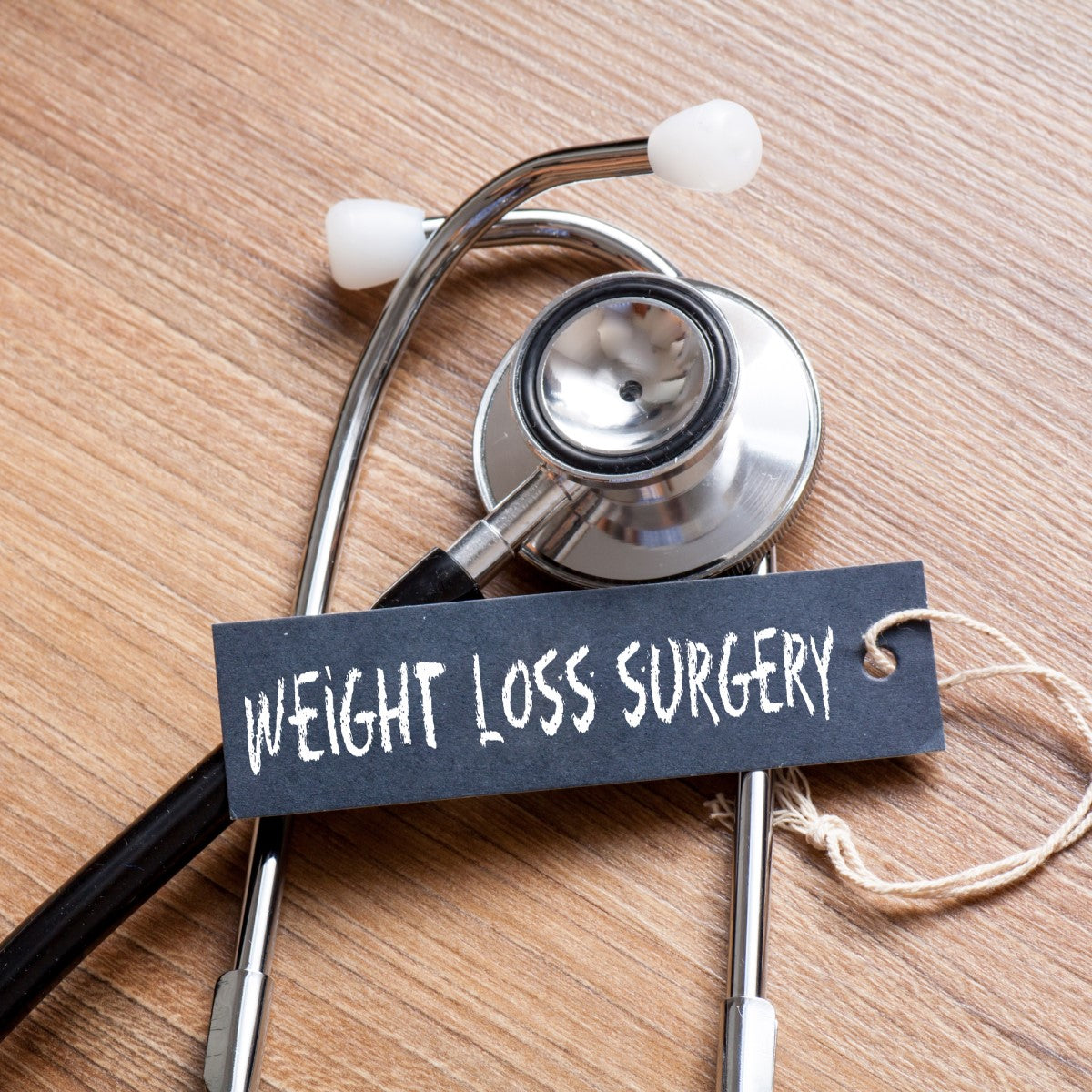What I Wish I'd Known Before Weight Loss Surgery
Hindsight is 20-20, but foresight is not. There is value to researching, but you cannot know everything beforehand. No matter how much you think you may know about weight loss surgery before you get it, there will be surprises. Here are a few to consider.
Food
- You may get surgery to overcome a food addiction, but food is still the focus. You may find yourself counting grams of protein and ounces of water. And you may find yourself counting down to the next snack or meal.
- Cravings may still be there. Whether it is burgers, fried chicken, or ice cream, it can be hard to watch others eating it or to see it in the house.
- Intolerances are unpredictable. Some may be welcome, like an inability to eat a fatty steak or plate of pasta without discomfort. But others may be annoying, such as not being able to fill up on salad or drink plain water to hit your daily fluid goals.
Your Body
- The scale is unpredictable. Sometimes you can do everything right, but the scale does not go down. The only thing you can do is do the right thing with your diet and exercise, and stay positive by focusing on non-scale victories.
- Hair can fall out. You probably knew that in your head, but it can still be a shocking thing to experience for yourself and see in the mirror.
- You may be cold. Your body is literally starving as you eat less to lose weight. It doesn’t have much energy to keep you warm.
- Nutrient deficiencies are hard to prevent from diet alone. Even if you eat healthy, bariatric vitamins are likely necessary to overcome factors such as low food intake and reduced absorption after surgery.
- Your body is responsive. As you lose weight, health measures such as blood pressure and blood sugar may improve faster than you expect. And energy can increase almost immediately as weight starts to come off.
Your Mind
- You may still feel “fat” inside. You may feel unconfident. You may expect people to laugh at you. For months or years after you reach goal weight, you may retain your old mindset.
- You might want to tell people that you had WLS. You might not. You might want to tell some people, but not others. And that can change as time passes. Your decision can be fluid.
- You may sometimes feel isolated or sad. Losing weight may not solve all of your problems if you have issues such as low self-esteem or depression. It is important to keep working on the rest of your life along with weight loss.
Other People
- It helps to know people in the same boat. Other WLS patients can offer a type of support and comfort that nobody else can. And their day-to-day WLS hacks can be way more valuable than tips or ideas from a surgeon, primary care physician, or well-meaning family member.
- People may be awfully rude. They may mention your weight loss, prod you about weight loss surgery, or comment on your appearance.
- People you meet today only know what you look like today. They do not know if you used to be overweight. It can be a refreshing opportunity to present yourself the way you want to be perceived in your “new body.”










































































































